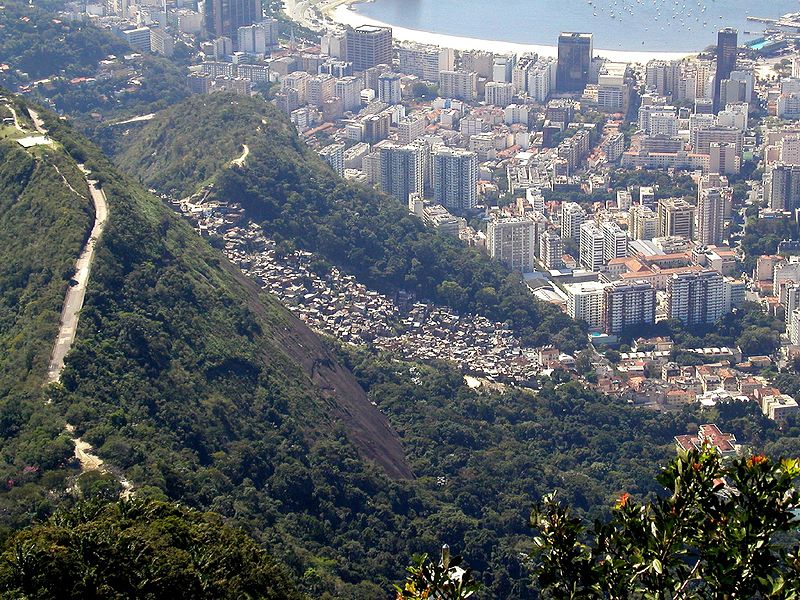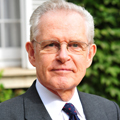Ricardo Hausmann recently wrote a piece titled “Redistribution or inclusion?” for Project Syndicate. It provides a different view of the causes of inequality of income, looking particularly at developing countries. It points out that modern production requires many complementary inputs, many of which are present in advanced economies, but lacking in emerging economies. Some years ago a friend told me that he had spent a few days in Egypt in a very modern hotel in which some sockets didn’t work because it was impossible to find replacements locally.

Hausmann’s concludes that: “To address the problem requires investing in inclusion, endowing people with skills, and connecting them to the inputs and networks that can make them productive. The dilemma is that poor countries lack the means to connect all places to all inputs.”
“The other problem of modern production is how to distribute the income generated by all of the complementary inputs.” When various people work together on a project, they create more value than the opportunity costs of the individual members, in other words, the total worth of these members if they were working elsewhere.
“Who gets to pocket this “team surplus”? Traditionally, the assumption has been that it accrues to shareholders. But the rise of extreme CEO compensation (…) may reflect CEOs’ ability to disrupt the team if they do not get part of the surplus. After all, CEOs experience precipitous income declines when they are kicked out, indicating that they were paid far more than their opportunity cost”: they were taking home part of the income created by their employees.
Hausmann concludes that it might be a matter of reducing the income of those who receive the most, but that “a much bigger and sustainable bang can be achieved if the proceeds go instead to financing inclusion. In the end, inclusive growth may generate a more prosperous and egalitarian society, whereas redistribution may fail to benefit either inclusion or growth.”



after reading your article it made sense why CEO’s are paid millions of dollars, its for the opportunity cost . great article. thank you for the insights
personally i have never believed in wealth redistribution, it just dosent work and is not sustainable, you need to capacitate and then create wealth creators now thats inclusion
Antonio Argandoña Thanks for this post. I’m a design student in Alicante and will continue for a long time. I found it very interesting article.